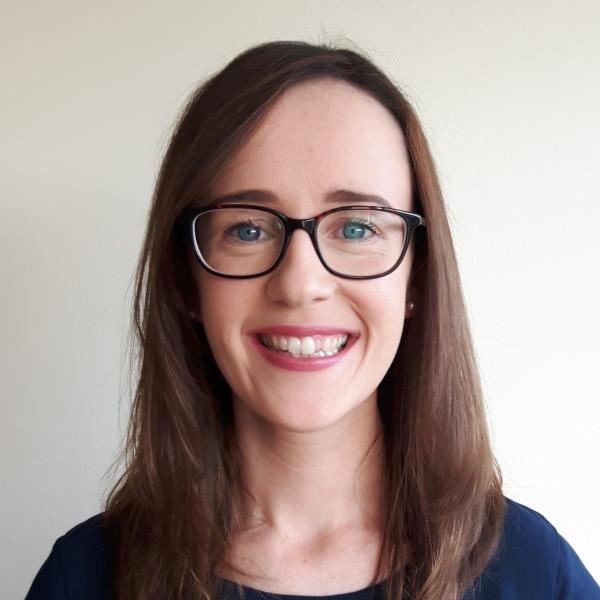
Exercise and health science researcher Dr Mairéad Cantwell shares her experience of using her own research to make lasting improvements to the lives of patients
Although over a decade ago now, Dr Mairéad Cantwell still remembers very clearly the encounter that inspired her to do something to help patients with cancer who are struggling with their recovery after treatment.
“I was working in a hospital in Liverpool at the time where I was providing exercise support for a number of patients who had lung cancer, and when I met these people I saw how poor their fitness was and how there was such limited support available to them to optimise their health and well-being during their recovery,” recalls Dr Cantwell, who now lectures in Exercise and Health Science at Athlone IT.
She wanted to bring her observations back to Ireland to help patients here live their fullest lives possible during and after treatment.
With the help of funding from the Irish Cancer Society, Dr Cantwell embarked on a PhD where she was able to design three studies aimed at gauging an understanding of and improving physical activity levels for this group.
“We looked at the role of physical activity throughout the cancer journey, both from the perspective of the patient and healthcare professionals.
We found that anywhere up to half of patients with cancer weren’t being consulted about physical activity as part of their recovery
“Or that the advice they were given didn’t fully align with the recommended guidelines.
“We also did focus groups with 41 individuals living with and beyond cancer who spoke about how empowering it is to be able to take ownership and control of exercise, and viewed it as a vehicle in their own recovery, however once finished treatment many felt isolated from support and were unsure of how to go about this,” says Dr Cantwell.
“We concluded that community-based exercise programmes and physical activity specialists could provide the expertise and guidance patients need during this time, and support individuals to optimise their physical and psycho-social health during and after cancer treatment.
Exercise programme
“We were also able to develop a 12-week exercise programme specifically tailored for survivors of cancer and they came away with meaningful outcomes showing their fitness and quality of life had improved, and this was maintained three months after finishing the programme.”
Dr Cantwell is simply grateful to be able to use her research to help improve the lives of those who had previously struggled for support.
“I feel very privileged to work in this area. All the wonderful people you meet really give you the passion and drive to keep going and to try support people to optimise their health and wellbeing.
It’s true that exercise really is medicine- it’s a ‘polypill’
“I’m fortunate to be in that space where research meets service delivery and the benefits are immediately obvious.”
A winner of the Irish Cancer Society’s Researcher of the Year award for her work, Dr Cantwell has ambitions to broaden her research into areas like physical activity for children and adolescents who have been affected by cancer as part of her broader vision to improve services in this space.
“To look back in 10 or 20 years’ time, the biggest legacy for me would be to see that physical activity and nutrition become key pillars at each stage of cancer care for every patient. Great progress has been made, but there is still more work to do.”
The work of Irish Cancer Society funded researchers is made possible through the kind support of the public.
To help support our cancer research please visit www.Cancer.ie/Donate
Contact the Irish Cancer Society Support Line
If you have worries or concerns about cancer, you can speak confidentially to an Irish Cancer Society Cancer Nurse through the Freephone Support Line on 1800 200 700.
Monday to Friday, 9.00am - 5.00pm

For more information
Phone
1800 200 700
